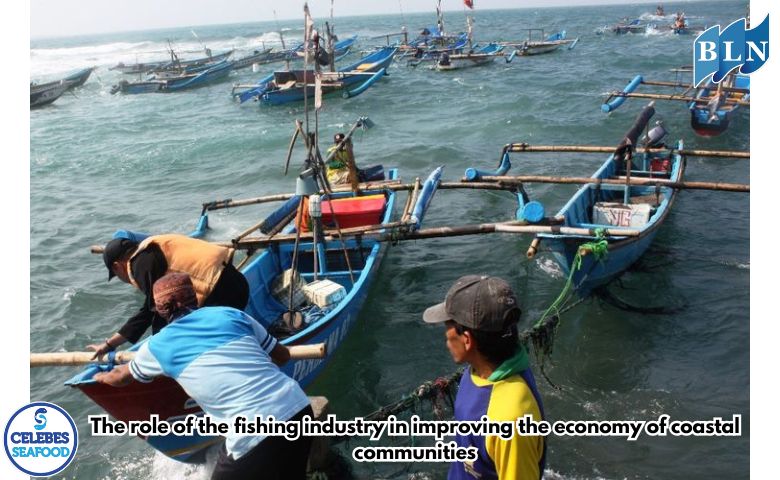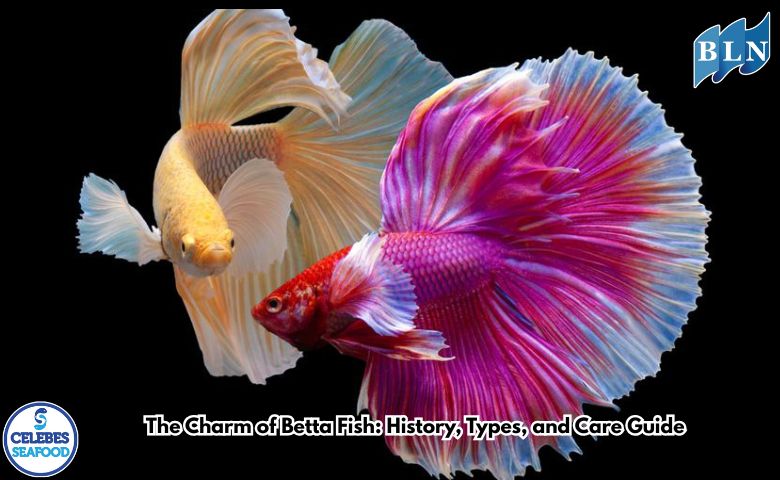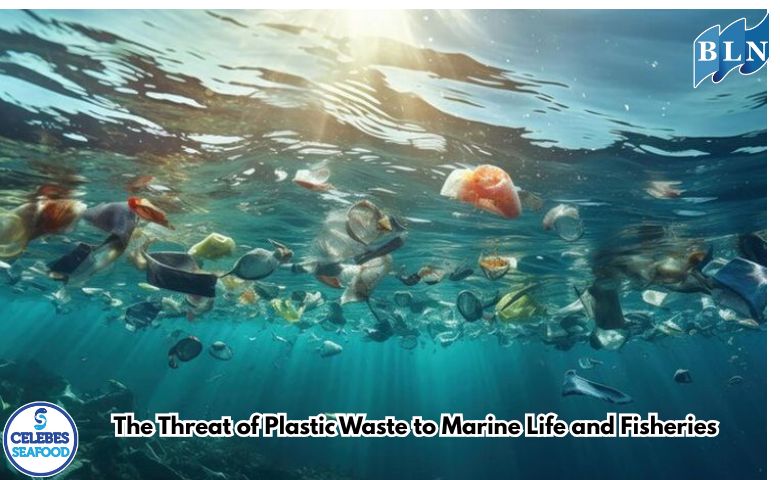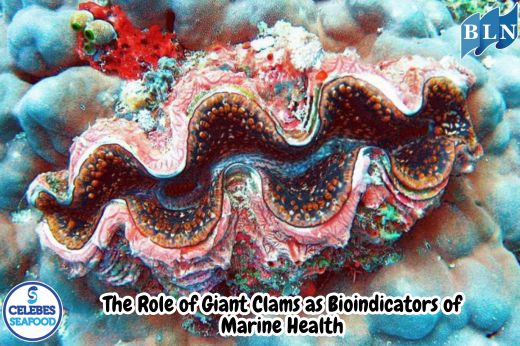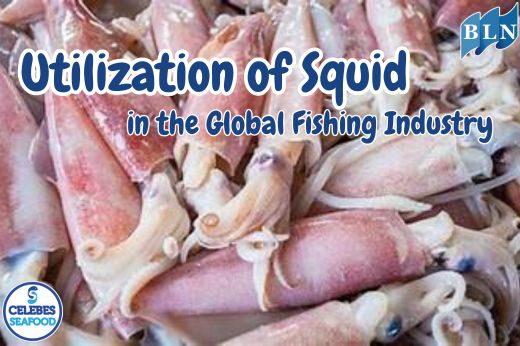Octopuses and Their Role in Marine Ecosystems
By. Amma - 06 Aug 2025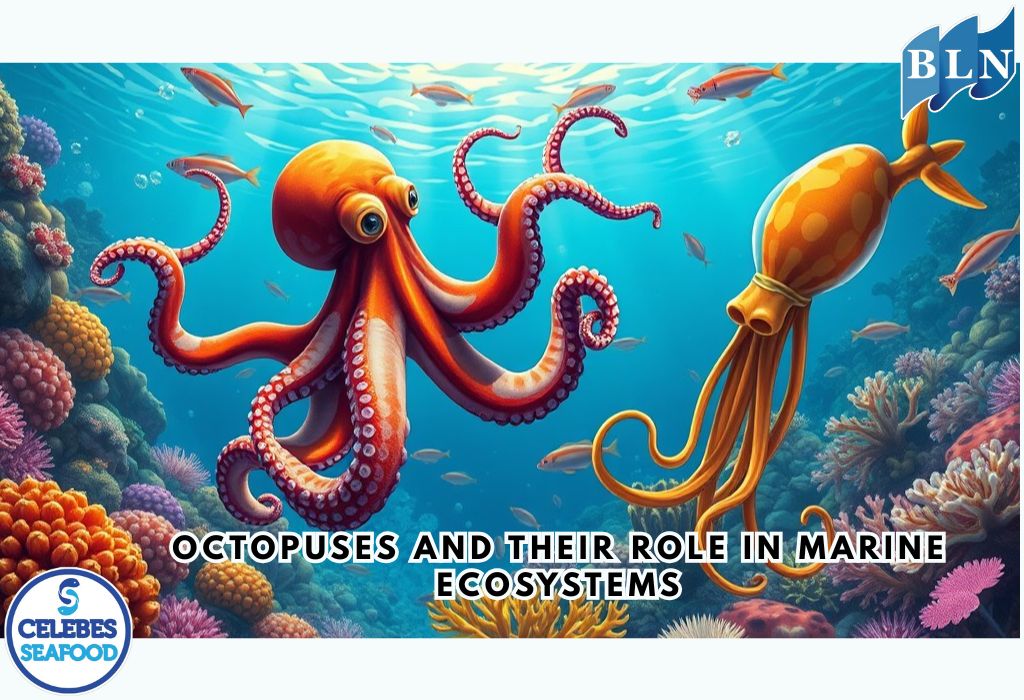
lautnusantara.com Octopuses, as one of the ocean's most intelligent predators, play a vital role in maintaining the balance of marine ecosystems. With their unique hunting habits and adaptations, octopuses directly and indirectly influence the populations of other species and the structure of their surrounding habitats.
The Role of Octopuses in Food Webs
Octopuses are apex predators in their ecosystems, particularly on coral reefs and the seabed. Their primary diet consists of:
- Crabs and Shrimp: Octopuses are known as effective hunters of crabs and shrimp. They use their strong arms and sharp beaks to pry open the shells of their prey.
- Mollusks: Sea snails and clams are also common targets. Octopuses can drill through the hard shells of their prey to access the meat inside.
- Small Fish: Although not their primary food source, octopuses often prey on small fish passing near their nests.
As predators, octopuses help control the populations of their prey species, preventing population explosions that could upset the balance of the ecosystem. Thus, octopuses maintain the health of coral reefs and the seabed.
However, octopuses are also prey for larger predators, such as dolphins, seals, and sharks. The death of octopuses after mating and laying eggs also provides an important food source for scavengers on the seafloor.
The Role of Octopuses in Habitat Structure
Octopuses not only impact the populations of other species but also alter the physical structure of their habitat.
- Nest Building: Octopuses are known as underwater "architects." They often build hidden nests using rocks, coral, and other debris. These nests not only serve as shelter but can also create new microsystems for other organisms.
- Seafloor Modification: When foraging or building nests, octopuses can alter the composition of sediment and objects on the seafloor. This activity can help aerate the sediment and create opportunities for other organisms to thrive.
Challenges and Conservation
Despite their important role, octopus populations face global threats, such as:
- Overfishing: Octopus is a highly valuable fishery commodity. Uncontrolled fishing can drastically reduce octopus populations, disrupt food webs, and damage marine ecosystems.
- Climate Change: Rising ocean temperatures and ocean acidification can impact the octopus' life cycle and the availability of its prey.
- Marine Pollution: Octopuses are highly vulnerable to pollution, especially plastics and toxic chemicals, which can disrupt their nervous systems and health.
To maintain the octopus's role in the marine ecosystem, serious conservation efforts are needed, such as regulating fishing, establishing protected areas, and educating the public about its importance. By protecting octopuses, we also help maintain the health and balance of the entire marine ecosystem.
